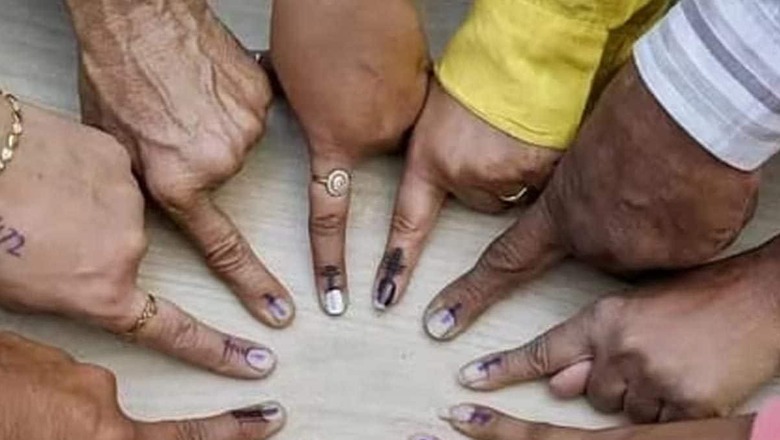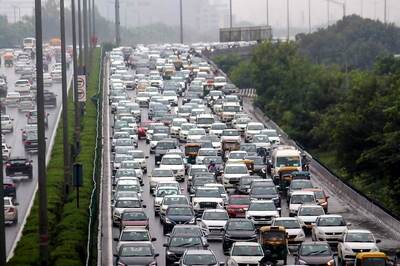
views
Days after Sabyasachi Das, an assistant professor at Ashoka University, resigned following a controversy over his research paper, Pulapre Balakrishnan, another professor in the Economics department, has put in his papers.
Das’s colleagues have written to the Governing Body threatening a faculty exodus if he is not offered reinstatement. The English and Creative Writing departments have also extended their support to the demand.
The university had earlier distanced itself from the paper, “Democratic Backsliding in the World’s Largest Democracy”, in which Das argued that the BJP won a disproportionate share of closely contested parliamentary seats in 2019 Lok Sabha polls, especially in states where it was the ruling party at the time. The research was published on the Social Science Research Network on July 25.
In his critique of the paper, Mudit Kapoor, Associate Professor of Economics at Indian Statistical Institute, Delhi, says: “The statistical findings of the paper do not support the claims in the paper”.
While Das’s paper notes that “that the BJP win margin in 2019 is the only case exhibiting statistically significant estimate of the discontinuity”, Kapoor says this was a “misinterpretation of their results because in 2009, for the INC, the authors found a larger estimate of discontinuity of 1.80. However, because it was not ‘statistically significant’, it was assumed that the effect was 0.”
Kapoor goes on to say that “in the elections BJP narrowly lost, there seems to be an unusual increase in voter registration from the mean or average electoral growth.” He adds that “a simple reading of these graphs would suggest that evidence of targeted voter deletion was, at best, not conclusive.”
Critics of the research paper opine that it never underwent peer review, as it landed on social media and entered the political discourse. Observers and experts have pointed out that the economist should have expected public scrutiny and should have been ready for questions before quitting.
The Economics faculty resisting a review by a committee of academicians formed by the governing body has also been called into question.
Critics further point out that there have been no allegations of voter fraud as alleged in the paper from opposition parties, political workers or voters.




















Comments
0 comment